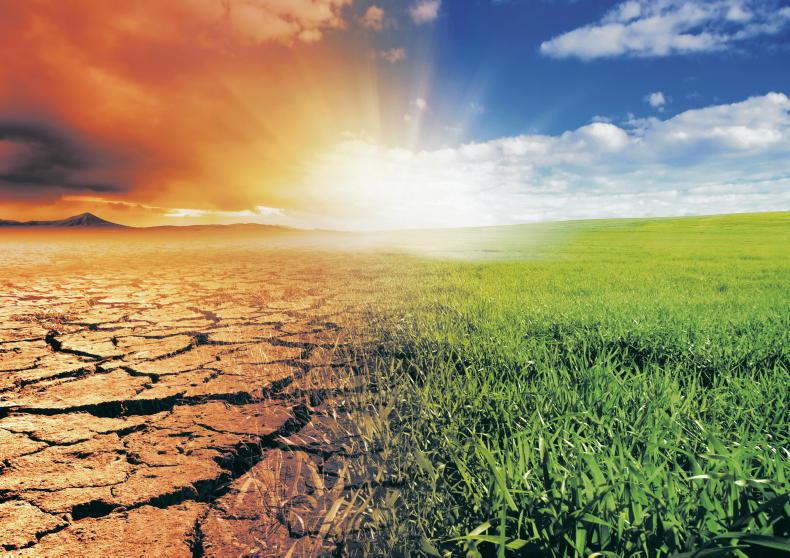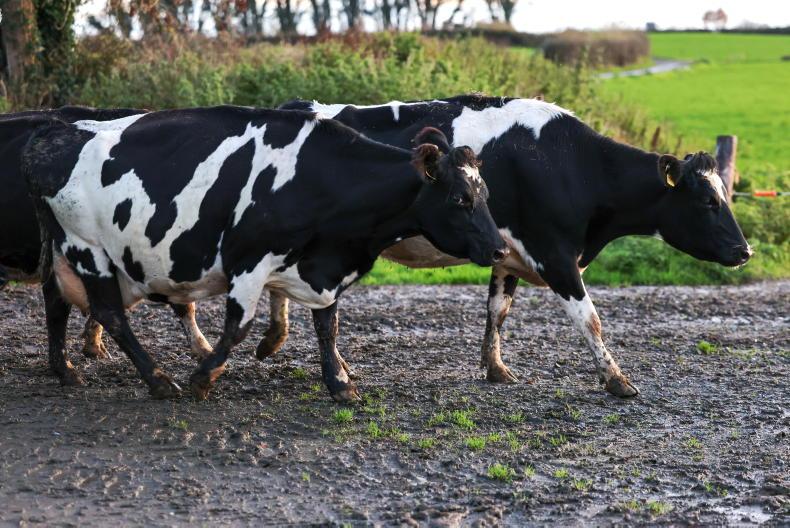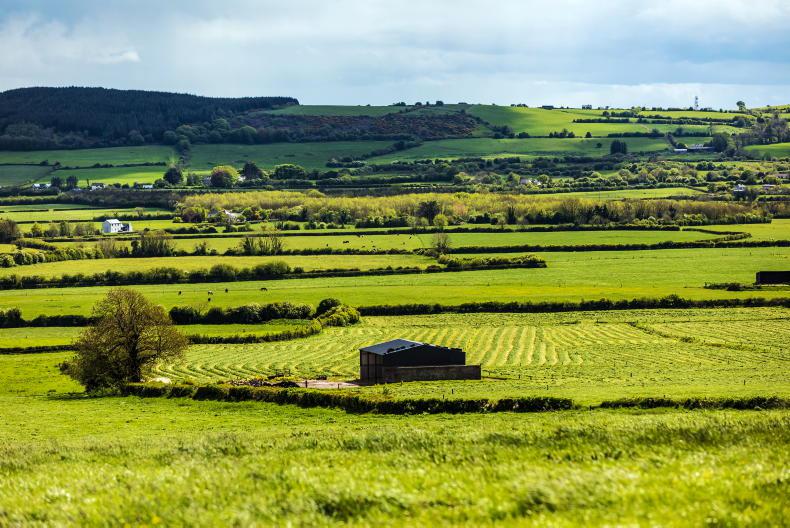Eamon Ryan, as he surveys the electoral wipe-out of the Green party, will leave a mixed legacy in Irish climate policy. To his credit, there is now an acceptance that one of the instruments that actually works is the creation of incentives to economise on the use of fossil fuels, the best-known example being the carbon tax.
Ireland is one of numerous European countries which levy taxes and charges on oil, coal and gas, with the explicit objective of discouraging their use and substituting low-carbon alternatives like wind and solar.
Ryan has championed the carbon tax even though it is unpopular. It is salutary to note that the retail price of auto-fuels featured prominently in Donald Trump’s campaign in the USA, where petrol at the pump costs 70 to 75c/l (euro). In Ireland, prices have recently been more than double that figure, as they are in many European countries.
There have long been steep excise duties as well as VAT on auto-fuel in Ireland and the carbon tax has added less than people think.
The USA has done far less than Europe in reducing emissions from vehicles and there is little prospect of a change under Trump.
But Ryan has also lent support to a range of policies which offer subsidies to producers of renewable energy, a policy not needed if carbon taxes are adequate.
In Ireland, the willingness to subsidise has unleashed an onslaught of lobbying for more, including demands that State subvention be made available for technologies as yet unproven. It is asserted that Ireland possesses unique advantages in producing green energy, including for export.
No serious evidence has been adduced to support this notion, since an uncritical media does not require any.
Ireland, for example, currently produces electricity at costs 28% ahead of the European Union average, hardly a signal that the sector is a candidate for greater exports.
Lobbyists and commentators insist that Ireland could nonetheless become the ‘Saudi Arabia of wind’.
But there are no costings for this mammoth ambition and private companies have been reluctant to make capital commitments. Instead they seek direct and covert assistance, including guaranteed prices for power output which becomes an actual cost to the exchequer when the contingent liabilities materialise.
Disappear
One of the arguments for price guarantees is that they would help these companies to borrow at more favourable rates, which indeed they would. But the costs do not disappear, they get shifted to the general public as taxpayers or as electricity consumers. Political support has been driven by carbon reduction targets sold as compliance with EU requirements and the economic logic behind national quantitative targets, essentially voluntary at the country-by-country level, has never been clear.
If every country in the world agreed to steep cuts in emissions, it would be difficult for a small country refusing to fall into line. But many large emitters are not pursuing vigorous climate policies and this creates a free rider problem. It is in each country’s interests that everyone else should carry the burden of adjustment. The planet has around 200 nation states but just one atmosphere which is shared.
Ireland has a climate but does not have its own atmosphere, not being a planet. Small countries, no matter how hard they try, cannot shift the dial on global warming. Ireland is responsible for under one-fifth of one per cent of global emissions, as are numerous other developed countries of similar size. In Denmark for example, farmers are objecting to carbon tax increases on the grounds that they must compete with other countries which have lower levies.
This consideration has already encouraged moves by the European Union to impose countervailing tariffs on imports from countries, including China, seen as conferring unfair advantages on their exporters through weak climate policies.
Burden-sharing
The failure to agree on burden-sharing at the recent COP conference in Baku is further evidence of the tensions arising from competing national interests.
Ireland’s low share in global emissions is not an excuse for inaction and support for common EU policies, more focussed than elsewhere, has long been Irish policy.
But the constant repetition of local evidence of climate damage in Ireland, floods and other extreme weather events, is not a convincing line of argument since purely domestic measures to cut Irish emissions will not unilaterally protect the Irish climate. This matters for agriculture – official figures show that the farm sector is responsible for over one-third of Irish emissions as measured, versus an average of around 11% in the EU as a whole.
But this does not mean that restricting agricultural output here would be an economically efficient response.
Countries specialise in the single market and discouraging output in the most favourable locations is not a smart way to contain worldwide emissions.









SHARING OPTIONS